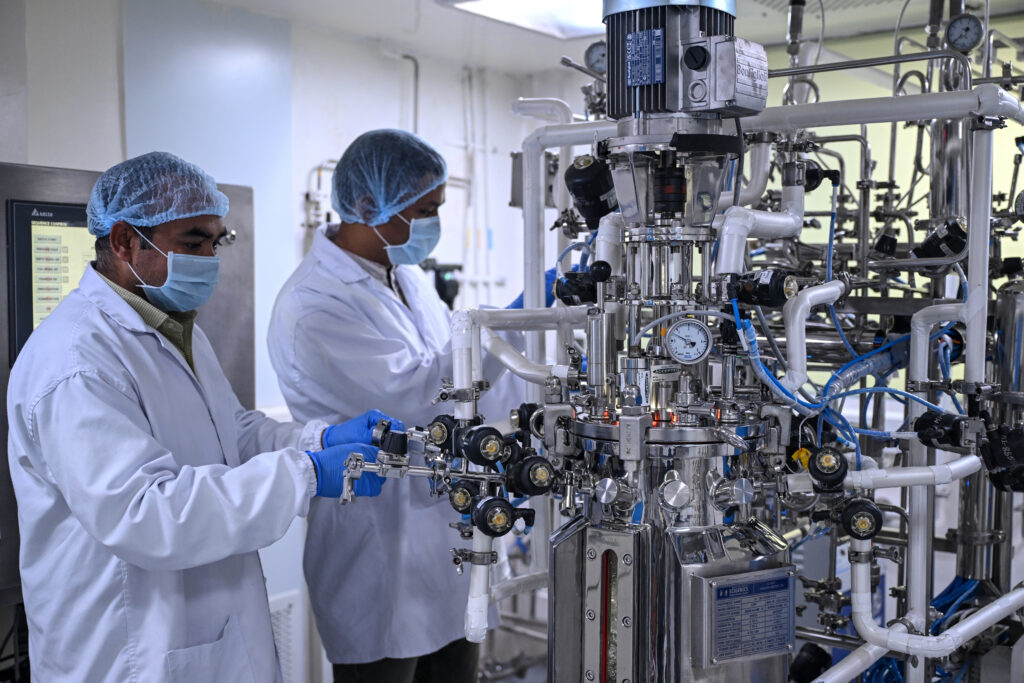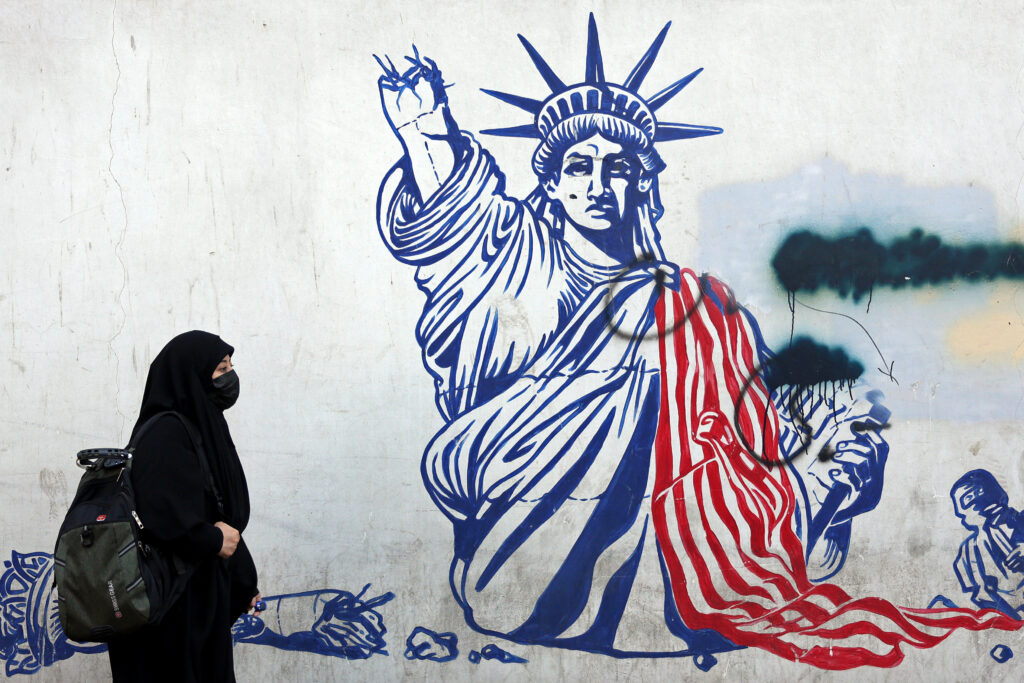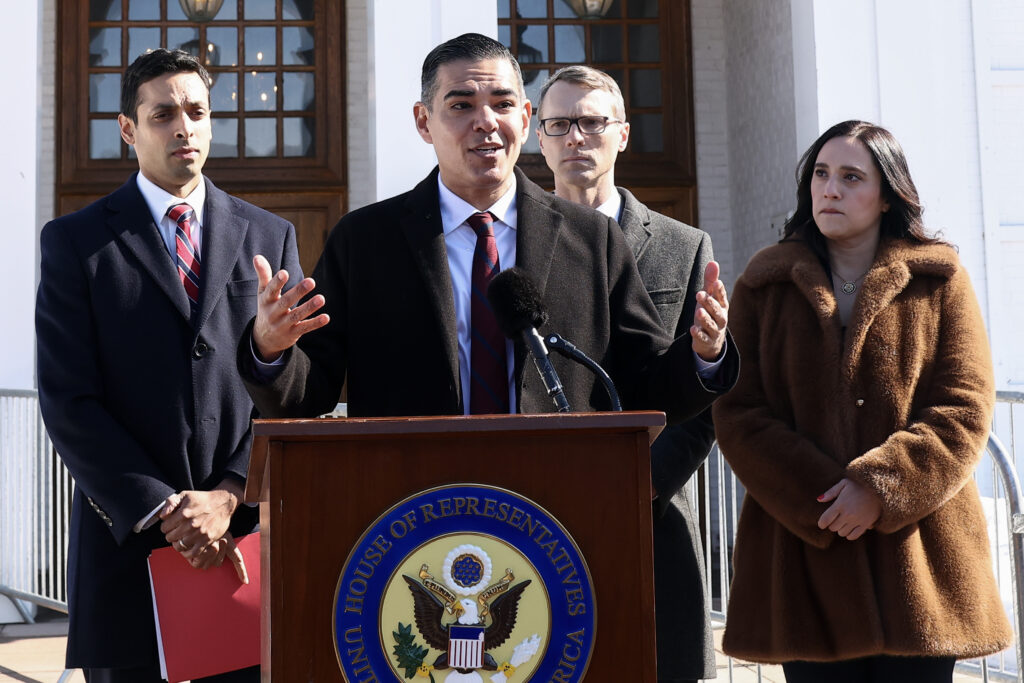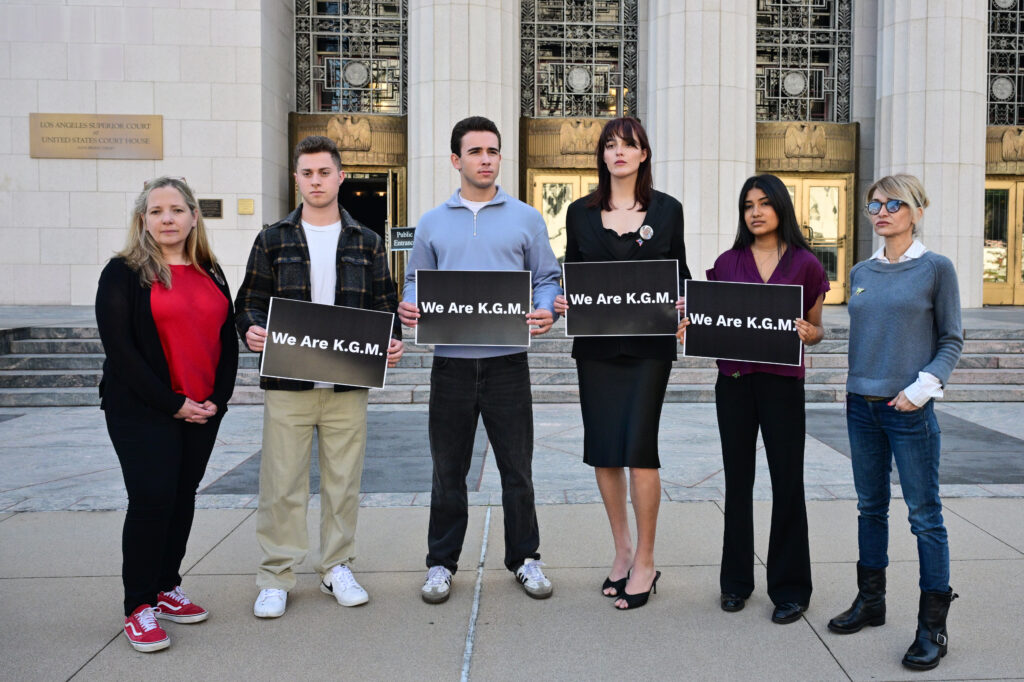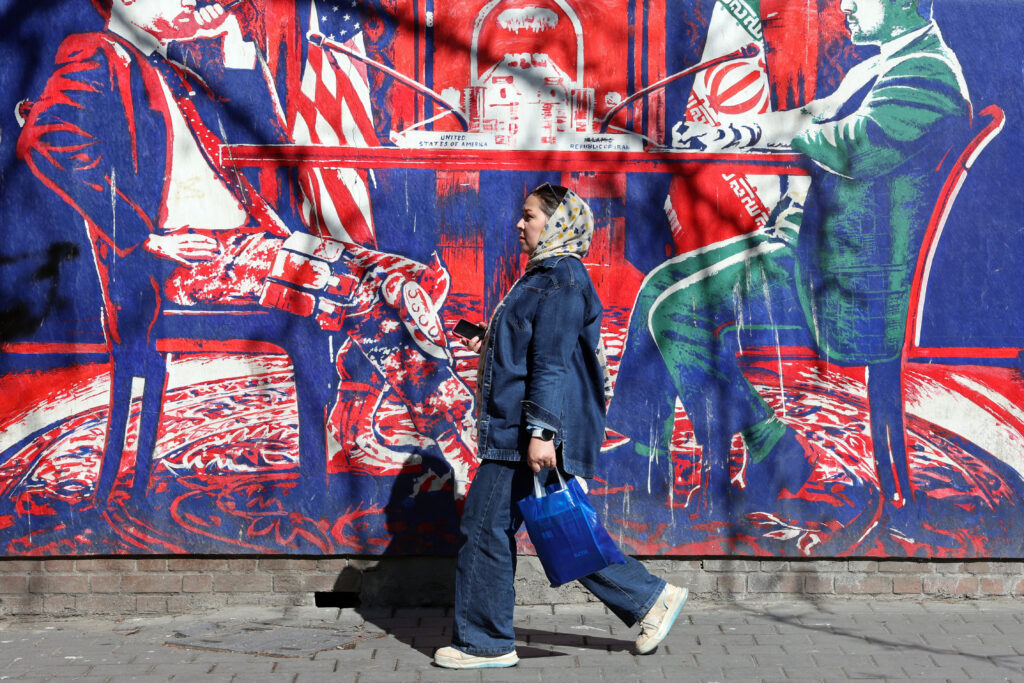L’heure du réquisitoire au procès en appel sur l’assassinat de Samuel Paty
Les avocates générales prennent vendredi leurs réquisitions contre quatre hommes jugés en appel pour leur rôle dans l’assassinat du professeur Samuel Paty, décapité par un islamiste radical pour avoir montré des caricatures du Prophète Mahomet dans son cours sur la liberté d’expression.Initialement prévu vendredi, le verdict de la cour d’assises spéciale de Paris a été repoussé à lundi, au terme de cinq semaines d’une audience houleuse sur ce crime commis le 16 octobre 2020 par Abdoullakh Anzorov, près du collège du Bois d’Aulne à Conflans-Sainte-Honorine (Yvelines). Ce jihadiste tchétchène de 18 ans avait été abattu par la police, qu’il menaçait.Un parent d’élèves, Brahim Chnina, aujourd’hui âgé de 54 ans, et un militant islamiste aguerri, Abdelhahim Sefrioui, 66 ans, comparaissent pour avoir été les artisans de la campagne de haine en ligne contre le professeur d’histoire-géographie, dont Anzorov avait pris connaissance sur les réseaux sociaux. En première instance, ils avaient été respectivement condamnés à 13 et 15 ans de réclusion criminelle pour association de malfaiteurs terroriste.Deux proches d’Anzorov, originaires comme lui du quartier de la Madeleine à Evreux, répondent de complicité d’assassinat. Naïm Boudaoud, 24 ans, et Azim Epsirkhanov, 25 ans, condamnés à seize ans de réclusion en 2024, disent ne pas avoir eu conscience de la dérive jihadiste de leur ami, ni du crime qu’il préparait. Ils ne présentent pas un profil d’islamistes radicaux.Si Brahim Chnina a exprimé sa “honte” et ses regrets pour la cabale en ligne, cela n’a pas été le cas d’Abdelhakim Sefrioui: entre deux digressions théologico-politiques, il s’est posé en héraut des droits des musulmans, livré à la “vindicte” publique par les autorités françaises avec la complicité de “médias aux ordres”. Les deux hommes nient que leur campagne ait été déclenchée par la question du blasphème ou les caricatures, même si Abdelhakim Sefrioui a affirmé que celles-ci n’étaient “acceptées par aucun musulman”. Au moment des faits, Al-Qaïda venait de menacer de nouveau la France après la republication de ses caricatures par Charlie Hebdo à l’occasion du procès des attentats de janvier 2015. Et le 25 septembre, deux personnes avaient été blessées lors d’une attaque jihadiste devant les anciens locaux parisiens de l’hebdomadaire.- Débats éprouvants -Abdelhakim Sefrioui affirme avoir agi contre ce qu’il pensait alors être une “stigmatisation” des élèves musulmans par Samuel Paty; quant à Brahim Chnina, il n’aurait été animé que par la colère de ce qu’il pensait être une injustice faite à sa fille, élève du collège.Pour dissimuler une exclusion pour indiscipline, celle-ci avait affirmé à ses parents que Samuel Paty avait demandé aux élèves musulmans de sortir de son cours au moment de montrer des caricatures. Ces lignes de défense ont été fragilisées par les témoignages de la fille d’Abdelhakim Sefrioui et de la principale du collège, ainsi que par les contenus des messages et des vidéos d’une cabale qui ne s’est arrêtée qu’avec la mort du professeur.Accusation et parties civiles campent sur la ligne du verdict de première instance: selon la première cour d’assises, en lançant une “véritable fatwa numérique” contre Samuel Paty, les deux hommes “savaient nécessairement” que cette campagne pouvait “conduire à des réactions violentes, voire mortelles, de la part d’individus radicalisés” et étaient “conscients de la réalité de la menace terroriste” qu’ils faisaient peser sur leur cible.Pour la défense, au contraire, les deux hommes n’avaient ni conscience du crime à venir ni intention qu’il advienne. Une confirmation de la condamnation marquerait une vision bien trop extensive de l’incrimination d’association de malfaiteurs terroriste, selon leurs avocats.Eprouvants pour la famille de Samuel Paty, les débats ont été hachés par une succession d’incidents et de contentieux soulevés par la défense. Fait rarissime, deux magistrates assesseures ont été écartées de la cour après que la défense a mis en doute leur impartialité. Les variations dans les deux auditions successives du ministre de l’Intérieur Laurent Nuñez, qui a par ailleurs pris l’initiative étonnante d’écrire directement à la présidente de la cour pour lui préciser sa pensée et sa conviction de la culpabilité de Brahim Chnina et Abdelhakim Sefrioui, ont occupé plusieurs jours la cour. Avec du côté de la défense, la volonté évidente de fourbir ses armes en cas de pourvoi en cassation.

